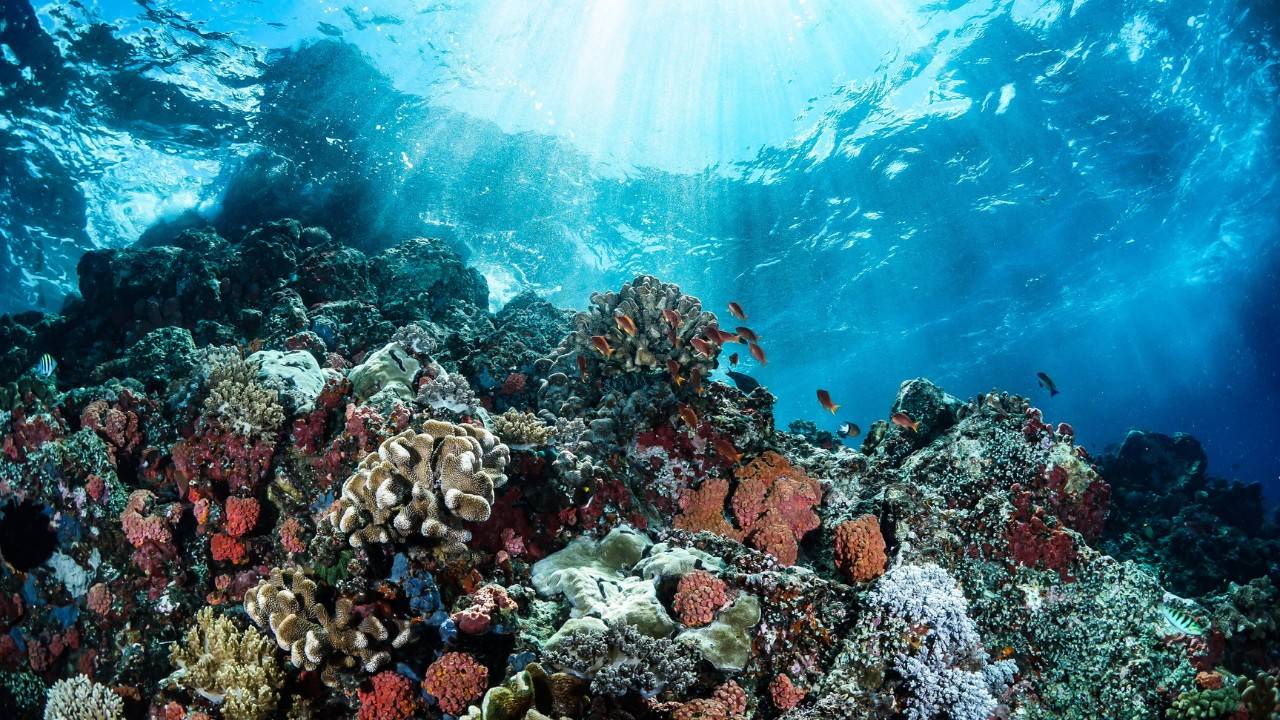In a bid to combat the devastating effects of rising ocean temperatures on coral reefs, Cuban marine biologist Ariandy Gonzalez and his team are diving into the Caribbean waters. Their mission? To understand the alarming phenomenon of heat-related coral bleaching, which leaves corals pale and vulnerable.
Gonzalez, after a recent dive, expressed his concerns, noting, “I think this is the worst bleaching we’ve seen yet.” He is part of an 18-member team that has been circumnavigating Cuba aboard the M/V Oceans for Youth ship. Their goal is to gather insights that could aid global efforts to protect coral reefs from threats like warming waters, over-fishing, and pollution.
According to Reuters,
The “Bojeo a Cuba” study, initiated nearly two years ago by Dr. Fabian Pina, a Cuban marine biologist and expedition co-leader, offers a comprehensive look at the health of Cuba’s reefs, fish, and marine life. This project, funded by both the Cuban government and international partners, is the first to cover such an extensive area of the island’s waters.
While the expedition is still underway, preliminary observations have revealed both positive and concerning findings. The waters off Cuba’s south-central coast have reached a scorching 90F (32°C), with some areas even warmer. This rise in sea surface temperatures is a global concern, with record-breaking temperatures reported this year.
Despite the challenges, the expedition has also uncovered some natural wonders. Pina highlighted the pristine state of many of Cuba’s keys and mangrove forests, which could give the nation’s reefs an edge in adapting to climate changes.
The expedition has also shed light on the resilience of some of Cuba’s reefs. Dorka Cobian, an expedition biologist, expressed hope for the recovery of reefs in the Guanahacabibes National Park, which recently experienced significant bleaching.
Pina emphasized the importance of the data being collected, stating, “Our ecosystems are in general well conserved.” He believes that this conservation offers a tremendous opportunity for the future, and the expedition will serve as a baseline for monitoring the health of these reefs over time.
More inspiring green news similar to this:

